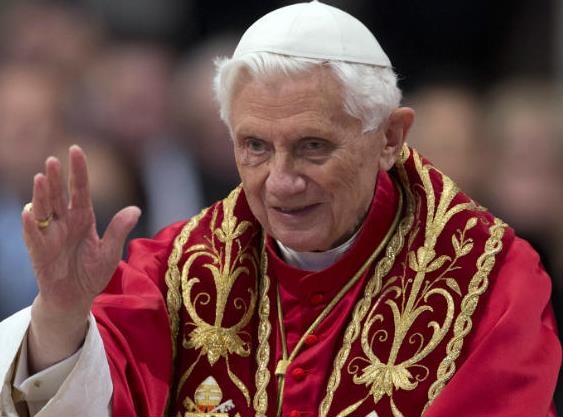Energy problems are never rare in Malawi; ranging from persistent black-outs, to an alarming fuel supply shortage whose lasting solution is yet to be traced. This poses a threat to the country’s economic recovery path and also frustrates a further growth.
It is common knowledge that Malawi’s electric power supply by the sole and state run, Electricity Supplying Cooperation of Malawi-ESCOM-is relatively lower in comparison with the demand. ESCOM does not reach up to the domestic and industrial electricity requirement.
Malawi’s current required electric capacity is now pegged at over 324 Megawatts, of which only 269 is available. This places ESCOM at a corner to ration the power supply in the name of load shedding as deficit remains huge.
Such a challenge requires nothing but ultimate solution. Statistics has it that Malawi’s energy generation requirement is further expected to escalate to 829 megawatts come 2020, less than decade from now.
While this stands to be the case, Malawi’s economy on the other hand is still in tatters. Increased energy supply therefore remains a non-disputable area which requires massive investment if the economy is to get back to its feet.
For the “political” concept to transform Malawi from an importing and consuming into a producing and exporting nation to be realized, reliable and efficient energy supply would never be overlooked.
In its optimistic 18-month Economic Recovery Plan-ERP-launched in September 2012, President Joyce Banda’s administration included the energy sector among the five key focal points towards economy restoration.
The blueprint, which is an extract of the Malawi Growth and Development Strategy II, concedes that Malawi continues to face challenges in its energy sector.
“These include inadequate capacity to generate electricity and intermittent supply and consequently, economic activity in areas such as mining and manufacturing are affected.”
The plan does, however, not clearly spell out on how to transform the situation. This is apart from listing a line of optimistic dreams saying government would support energy investment and supply. No specific fund allocation was detailed in the plan to see Malawi out of the persist black outs which has for time now been a scaring monster to potential investors.
No investor in any productive industry be it local or international is set to pump money in an environment where the source of energy remains a challenge and is unreliable and whose policy makers do not give radical detail on how to reverse the status quo. This is a wakeup call to the policy setters if we (as a nation) are to woo industries into the country.
Malawi government have to borrow a leaf from Angola, a fellow SADC country which about a year ago announced an US$ 18 billion plan to overhaul its dams and power grids in order to end all its power cuts by 2016.
The path towards recovery remains bumpy despite optimism capitol hill and the country’s development partners such as the International Monitory Fund-IMF have that Malawi economy would heal by end this year.
As plans have ever been in the pipeline to invest much into coal as an alternative, consideration has to be put on lasting implications.
Though debatable, the Malawi-Mozambique interconnection deal itself seem to have a lot of gray areas including cost implications which needs to be rectified before the country take the power tapping risk from the former Portuguese colony.
As Malawi head towards becoming an industrialized and producing nation intense investment and clearly spelt plan in the energy sector should be drawn.
In its present state, Malawi has no capacity to host the industries like that of fellow SADC counterparts as South Africa and Botswana lest something is done. It is not a matter of new policies but rather a shift in mindset and express keen to change.
Malawi should accept that its trade deficit have been spurred by low manufacturing, and in turn a dwindling in foreign exchange cover. Persistent power shortages and low manufacturing and production levels to problems associated with electricity is the root cause.
There is need for major investment in additional to power generation capacity to meet the projected energy demand of the country’s prospective industrious setting.
Huge investment in the energy sector is vital at this juncture; otherwise Malawi will slowly see her dream shattered.


.jpeg&w=60&q=100&h=60)





.jpeg&w=60&q=100&h=60)




